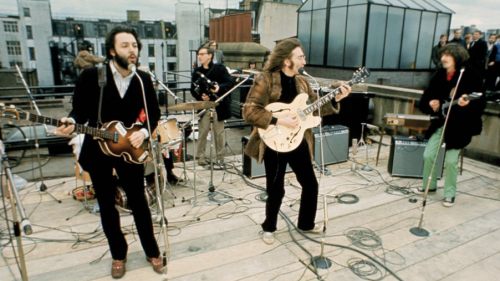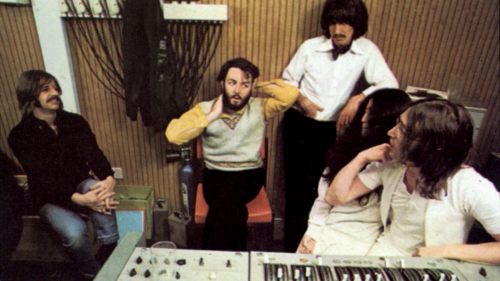MORTAL ENGINES Review: A Very Cool Bad Movie
Mortal Engines is a big bummer. This is a film with marketing that hid all its best elements, comes out swinging hard enough to change your predetermined mind, and then just breaks your heart by succumbing to tired YA tropes and an inflated running time that destroys all that surprise goodwill generated in the first half. It’s bad. But I want to like it so much.
The concept of a post-apocalyptic world in which giant cities roam the wasteland seemed so silly in Mortal Engine’s trailers. That, tied to a story of a kid with a mysterious past, much of it you can actually guess from the trailer, made Mortal Engines look like just another cash-in YA adaptation. Despite its many problems, I’m not sure that’s what it is, at least not on the macro level. The silly rolling cities are actually very cool when given some time to watch them eat up smaller rolling towns. The scope is illustrated well enough to make the idea of walking on the ground about as feasible as swimming an ocean. All the tech is creatively imagined and looks lived in enough to sell the world even if we never quite get to understand it that well.
Furthermore, the script by Peter Jackson, Fran Walsh and Phillipa Boyens doesn’t pull too many punches for this harder world. This is a violent movie. Aside from frequent scenes of whole towns getting wiped out, there is plenty of up-close violence and even a scene where captured slaves are auctioned off as food. The film also has a very unsubtle anti-Trump message, which may seem like a demerit, but I appreciate it when films for youngsters smuggle political ideas even glue-huffing fifteen-year-olds can catch.
To summarize the story would be a disservice. It would take too long and you don’t really need to know, as it’s easily Mortal Engines’ biggest weakness. To be as brief as possible, the film focuses on a teen named Hester Shaw (Hera Hilmar) who wants revenge on Hugo Weaving for killing her mother a long time ago. There are many twists and turns from there. One of them somewhat inspired, almost all of the others getting in the way of what could have been a very cool straightforward story.
Nearly every time the film was focused on its world, I was riveted. Whenever it returned to the story, I lost interest. The actors aren’t awful, but they aren’t given a script with opportunities for success, the same way none of King Kong’s great cast could overcome that script’s problems. The tone is constant; it’s just that much of the tone is unfortunate given the larger world’s potential.
Perhaps it’s fitting that the only character who truly works in the film is artificial. At one point, Shaw is hunted by a robot zombie thing named Shrike, played in some motion capture capacity by Stephen Lang. I never once thought about whatever technology brought Shrike to life as its mere presence had me enthralled even before its tragic backstory and Lang’s nuanced performance had a chance to kick in. It’s rare to have a CG villain make such an impression. On the other hand, I’d listen to an argument that Shrike is too derivative of Fallout 4’s Nick Valentine. Either way, a film more focused on this character would have had a much higher chance of being incredible.
Computer generated imagery like Shrike is where Mortal Engines really shines. The film’s visuals and design far exceeded my expectations, and some of the action staging really works. These strengths and the script's weaknesses ultimately come crashing together in the film’s last big visual blast. The climax’s setups are so obvious - and so numerous - you can predict most of the last half hour beat by beat. Watching it play out feels tedious as a result, leaving you exhausted rather than exhilarated.
It’s all such a shame. Mortal Engines wants to be a giant tentpole and plays by those rules, which is ultimately what ruins it, even though that’s also probably what allowed it to get made in the first place. I can’t say I totally dislike it, but I can’t recommend it either.



